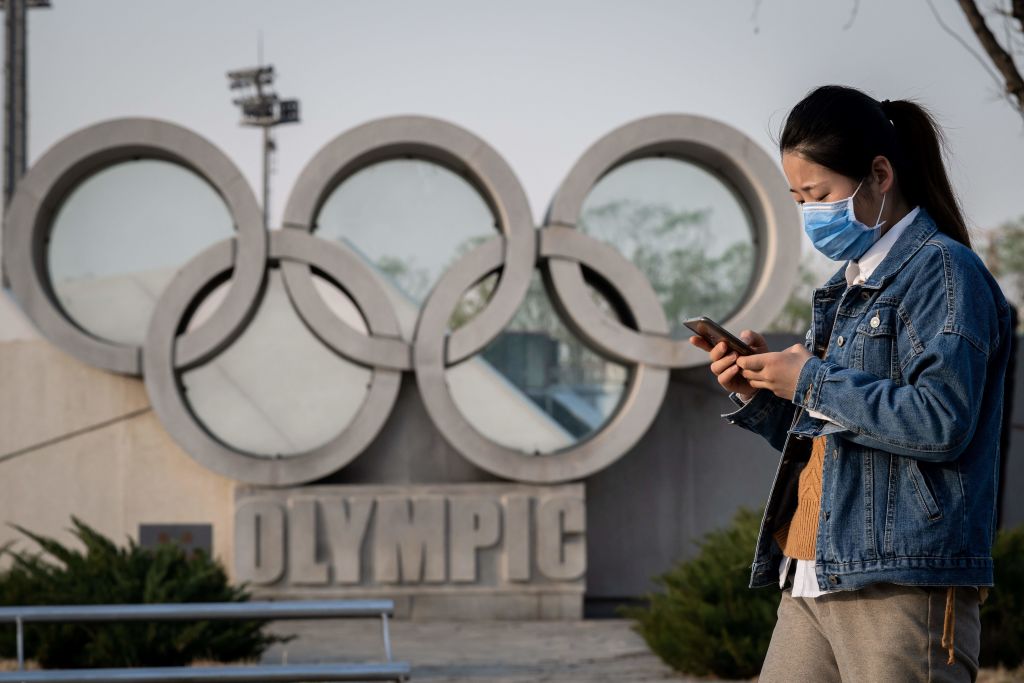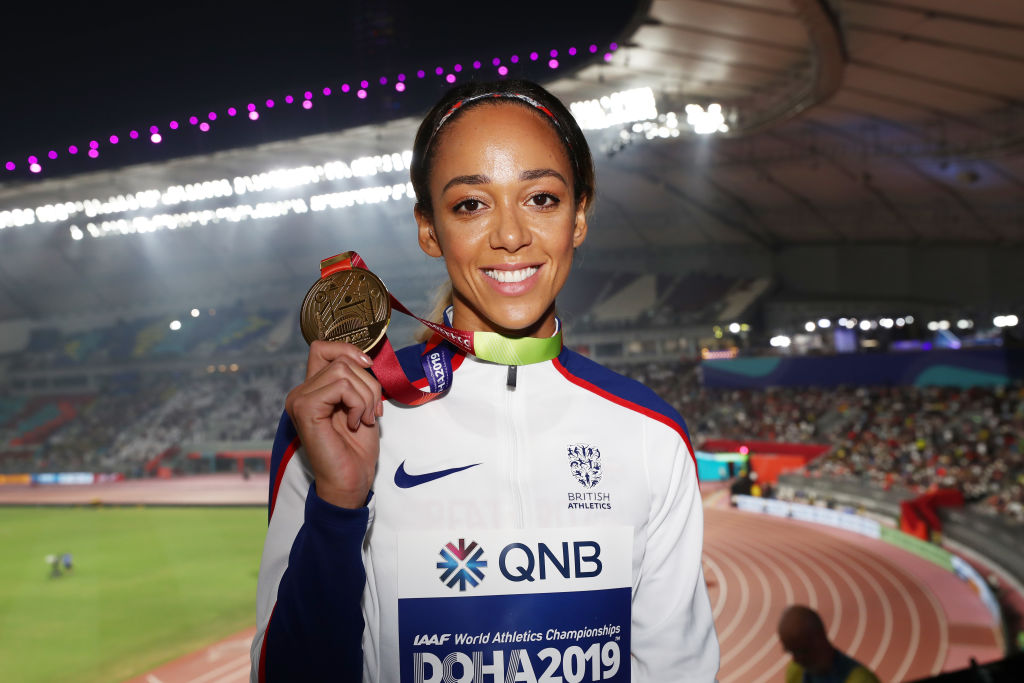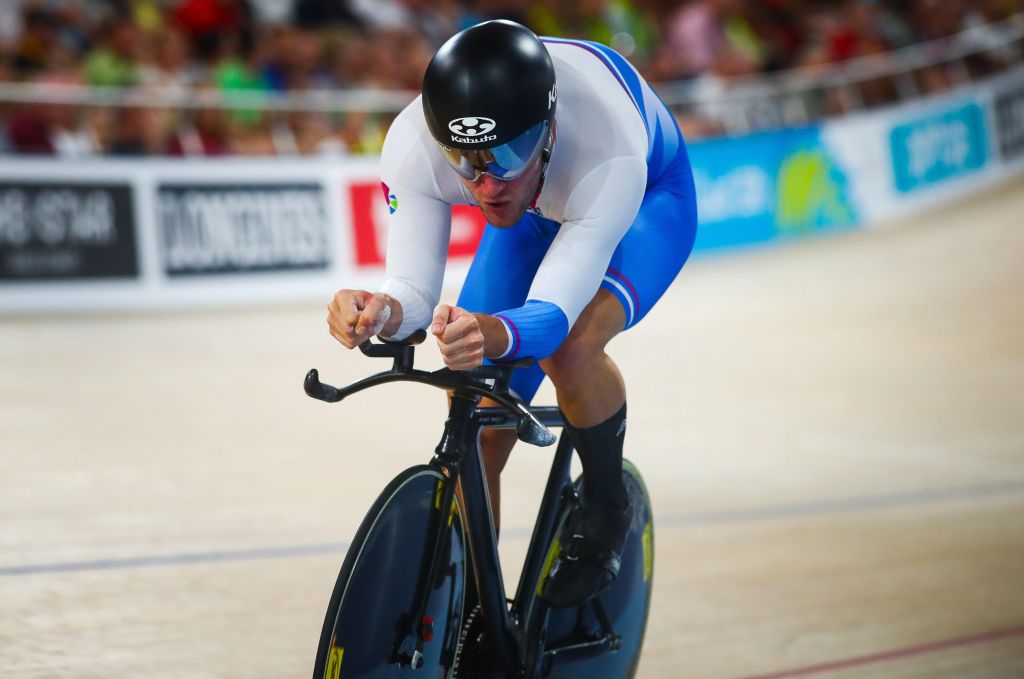Callum Skinner interview: How British Olympic champion cyclist is fighting to give athletes a voice

When Olympic champion track cyclist Callum Skinner retired from professional sport 12 months ago, he was just 26.
Skinner, who won gold and silver medals at Rio 2016, was not forced into quitting the sport by injury.
But the way his “pretty serious mental health issues” were dealt with by British Cycling saw him exit the high-pressure environment.
However, the Scot was not leaving sport behind altogether. In fact, he was determined to improve the system for those still in it.
Skinner helped launch Global Athlete, an organisation which aims to be “an athlete-led movement for change” and began lobbying sports organisations on behalf of current participants.
Independent pressure group
A year on he has no regrets about his decision, with the movement picking up more than 1,000 athlete supporters across 62 countries.
On Sunday, and with other organisations keeping quiet, Global Athlete called on the International Olympic Committee to postpone this summer’s Tokyo Games amid the coronavirus pandemic.

“We bill ourselves as the only independent pressure group with an athlete-centered voice,” Skinner tells City A.M.
“That’s not necessarily a criticism of other groups out there. We felt as though there was a gap in the market for an athletes’ body which can go where other athlete associations can’t and pose an independent challenge to other bodies where we’re trying to seek reform.”
Providing a voice
Global Athlete has campaigned around anti-doping issues in the past, but with both Tokyo and the IOC reluctant to even delay the Games’ 24 July start, another issue has jumped to the top of the organisation’s agenda.
Skinner says Global Athlete is needed in times like this because lots of athletes are unable to freely express their concerns..
“Unfortunately the atmosphere of sport only lends a platform to those big enough, like Kat Johnson-Thompson, to take whatever negative repercussions come from their statements, or athletes who are retired,” he says.

“Most who are a little bit less successful, or less well known than Johnson-Thompson, have to train on regardless – and that’s the predicament the IOC has put a lot of athletes in.
“Just because we’re not seeing thousands of athletes saying ‘I think this is a bad idea’ doesn’t mean they’re not thinking it.”
On a tightrope
Skinner says that when he was competing the only interaction he had with those sport’s decision-makers came on the podium, but he believes his first-hand experience can be invaluable now.
“I think if I was still involved with British Cycling I would probably be a little less vocal,” he admits.

“It’s within the athlete contracts that we can’t do anything which is judged to bring the sport into disrepute, or upset the team or sponsors or anything like that. That leaves you on a bit of a tightrope when it comes to being as vocal as I have on certain issues.
“That’s one of the benefits of having this body. If an athlete is in a situation which I might have been in when I was competing they are still able to voice it confidentially with us and we can be the guy to take the heat which may follow.”
Despite the challenges, Skinner remains an optimist and has “undying faith in the power of the Olympic movement”.
Beyond the topical issues like the potential postponement of Tokyo 2020, his goal is to shine a light on the murky areas of sports governance.
“My main objective is to try and build a bit more accountability within the system,” he says.
“It’s about trying to make the Olympic movement a little bit more open and a little bit more focused on the athletes.”